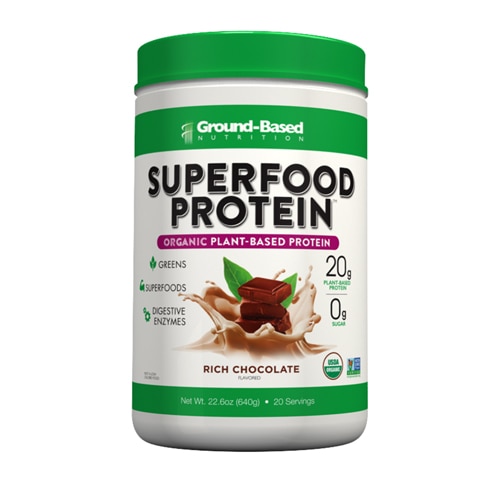 “You can use your power as a consumer to drive down the production of the types of meat which have the biggest impact on our climate,” the Less Meat Less Heat group says of the Climatarian diet.
The group explains that adhering to the Climatarian diet requires a basic knowledge of the carbon footprint of meat and dairy products. Even without that knowledge, anyone adopting the Climatarian diet should know this: Beef, lamb and goat rank as the meats with the largest carbon footprints.
According to Harvard University’s T.H. Chan School of Public Health, production of animal-based foods typically generates higher greenhouse gas emissions than production of plant-based foods. On the scale of greenhouse gas emissions, beef, lamb and goat rank highest among animal-based foods. Next in line are dairy (milk and cheese), pork and poultry.
“You can use your power as a consumer to drive down the production of the types of meat which have the biggest impact on our climate,” the Less Meat Less Heat group says of the Climatarian diet.
The group explains that adhering to the Climatarian diet requires a basic knowledge of the carbon footprint of meat and dairy products. Even without that knowledge, anyone adopting the Climatarian diet should know this: Beef, lamb and goat rank as the meats with the largest carbon footprints.
According to Harvard University’s T.H. Chan School of Public Health, production of animal-based foods typically generates higher greenhouse gas emissions than production of plant-based foods. On the scale of greenhouse gas emissions, beef, lamb and goat rank highest among animal-based foods. Next in line are dairy (milk and cheese), pork and poultry.
Ground-Based Nutrition Superfood Protein™ Rich Chocolate Description
-
Plant-Based Protein Blend
-
Organic • Greens & Fiber
-
Vegan • Gluten Free
-
No Soy, Dairy or Whey • No Artificial Colors, Flavors or Dyes
-
20 g Plant-Based Protein
-
0 g Sugar
-
Paleo Approved
-
Non GMO Project Verified
Always Organic...Always Ground-Based!
Ground-Based Nutrition is an innovative leader in the natural food supplement industry. We pride ourselves on using the highest quality natural whole food organic ingredients. We use no artificial sweeteners, colors, flavors, dyes, additives or preservatives.
Superfood Protein is a convenient all-in-one nutritional shake which contains an organic blend of plant-based proteins, greens, fiber, healthy fats, vitamins, minerals and digestive enzymes.
-
Plant-Based Protein: Multisource organic protein blend from organic pea protein isolate, organic whole grain brown rice protein, organic sacha inchi protein and organic cranberry protein.
-
Greens: Organic vegetable blend from organic broccoli, organic kale, organic spinach, organic chlorella, and organic spirulina, the equivalent to a full serving of greens.
-
Fiber: Natural soluble and insoluble fiber from organic vegetable sources.
-
Healthy Fats: Essential fatty acids (EFAs) from organic plant-based protein blend and medium-chain triglycerides (MCTs) derived from organic coconut oil.
-
Vitamins & Minerals: Organic spirulina and organic maca provide naturally occurring vitamins and minerals.
-
Digestive Enzymes: A proprietary enzyme blend facilitates the breakdown of nutrients.
Mix 2 scoops in 8 to 12 ounces of cold water or your favorite non-dairy beverage such as almond milk. For optimal health, take one or more servings daily. Superfood Protein can also be added to your favorite smoothie recipe.
*These statements have not been evaluated by the Food and Drug Administration. This product is not intended to diagnose, treat, cure, or prevent any disease.
| Amount Per Serving | % Daily Value | |
| Calories | 120 | |
| Total Fat | 2 g | 3% |
| Saturated Fat | 0.5 g | 3% |
| Trans Fat | 0 g | |
| Cholesterol | 0 mg | |
| Sodium | 360 mg | 16% |
| Total Carbohydrate | 4 g | 1% |
| Dietary Fiber | 3 g | 11% |
| Total Sugars | 0 g | |
| Includes 0g Added Sugars | 0% | |
| Protein | 20 g | 40% |
| Vitamin D | 0 mcg | 0% |
| Calcium | 50 mg | 4% |
| Iron | 5.6 mg | 30% |
| Potassium | 180 mg | 4% |



